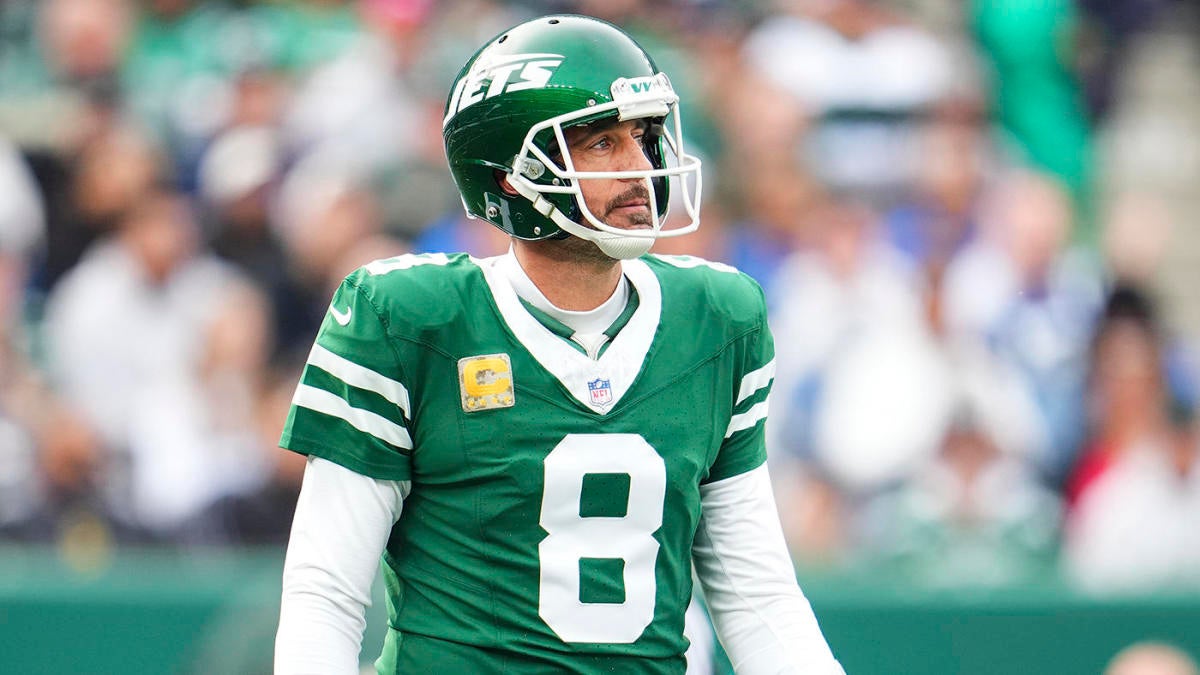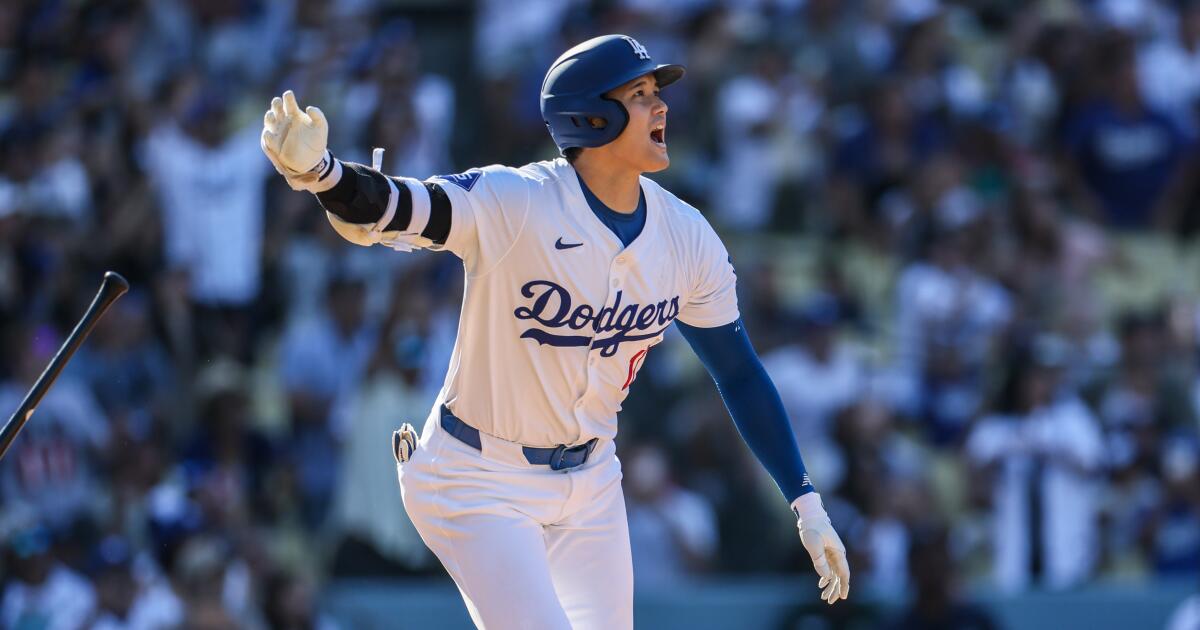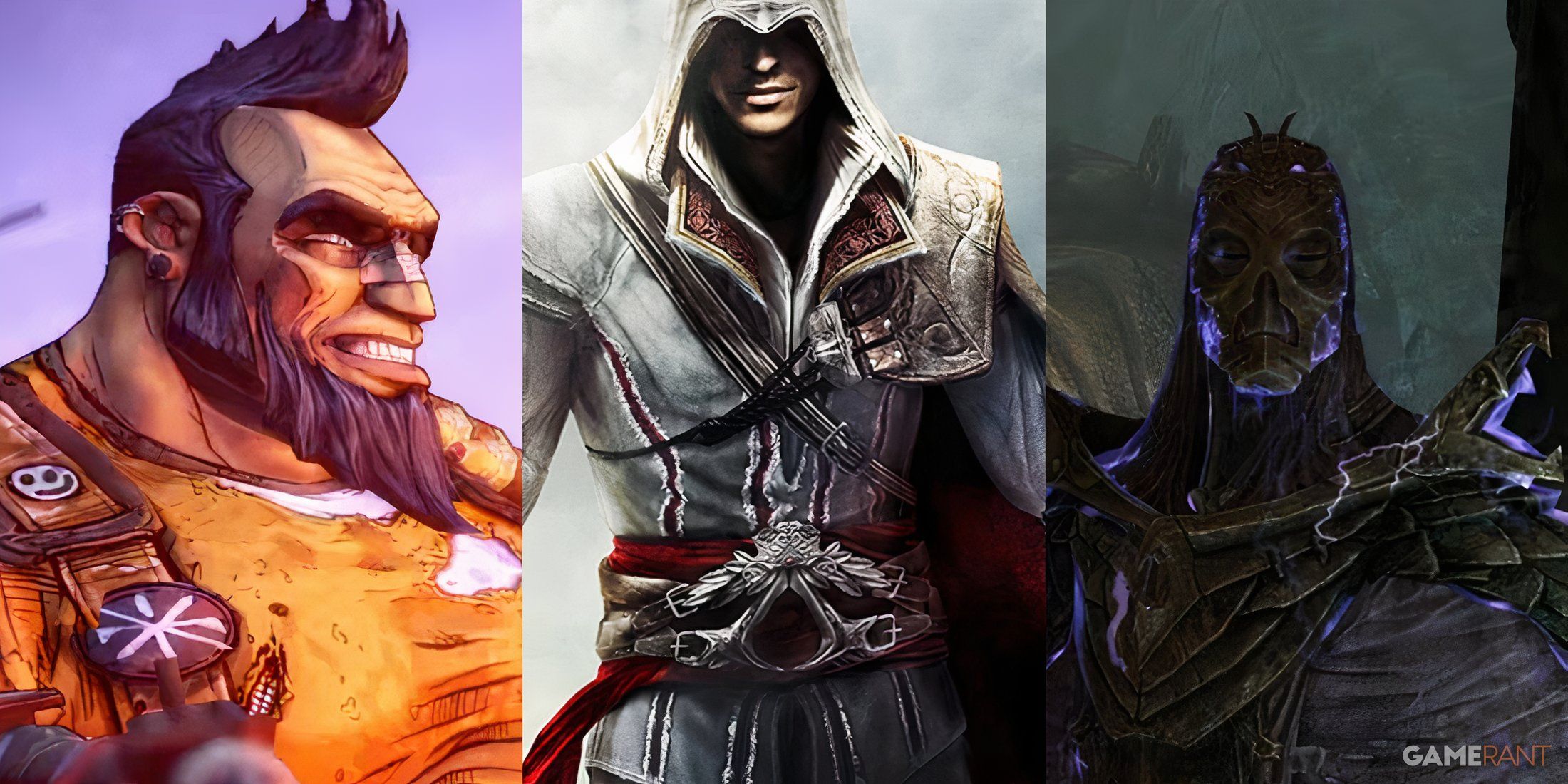World
Meet The Billionaire Owners Facing Off In The 2024 World Series

The Yankees are in the Fall Classic for the first time since Hal Steinbrenner inherited the team from his famous father. Awaiting them: a Dodgers club backed by all-star investors, including Magic Johnson and a mogul worth $6 billion.
By Justin Birnbaum, Forbes Staff
On a crisp night in Cleveland, Hal Steinbrenner stood on the infield dirt of Progressive Field and waxed poetic about the resiliency of his New York Yankees. “It’s been a while, [and the] season had its ups and downs,” the franchise’s 54-year-old billionaire lead owner said Saturday, after the Yankees had defeated the Guardians in five games to advance to the World Series. “But the guys never gave up. They never doubted. Day after day, they always thought they’d have a really good chance to accomplish this, and they did.”
Steinbrenner has seen his fair share of disappointment at the helm of baseball’s most valuable franchise, worth an estimated $7.55 billion. The Yankees haven’t won a World Series since 2009, their second-longest title drought in an illustrious history that includes a record 27 championships. And since Steinbrenner and his siblings inherited the club from their late father in 2010—pushing each of their net worths past $1 billion—their tenure has been defined by early playoff exits, bloated superstar contracts and a disgruntled fan base. But that narrative could change quickly when the Yankees take the field for the 2024 World Series, starting Friday.
It won’t be easy. Across the diamond awaits a Los Angeles Dodgers club managing equally high expectations. The Dodgers, baseball’s second-most-valuable team at $5.45 billion, committed more than $1 billion in the off-season to add key contributors including Shohei Ohtani, Yoshinobu Yamamoto and Teoscar Hernández. They then roared to a major league-best 98 wins, a mark the franchise has now reached six times in 12 years under an ownership group that is led by Mark Walter, worth an estimated $6 billion, and features a slew of other big-time investors including Todd Boehly, Peter Guber, Magic Johnson and Billie Jean King.
Regardless of which team emerges victorious, there is already one clear winner: Major League Baseball. This year’s Fall Classic not only features the country’s two largest media markets but also renews a rivalry that has spanned 11 World Series showdowns, starting in 1941, when the Dodgers still called Brooklyn home. That history has included iconic moments such as Jackie Robinson’s steal of home in 1955, Don Larsen’s perfect game a year later and a series-shifting pitching performance in 1981 from Fernando Valenzuela, who died this week.
With the presumptive American League and National League MVPs on each side of the lines in Aaron Judge and Ohtani, the 2024 World Series should be a worthy follow-up—and the teams’ first October rematch since 1981.
“You pull in the young fans who want to watch Judge and Ohtani jack home runs, you pull in the older fans who remember Reggie [Jackson] and the three home runs, you pull in Hispanic fans with Juan Soto,” says Joe Favorito, a veteran marketing consultant and lecturer at Columbia University, who also notes that Ohtani is producing enormous TV ratings in Japan. “So it’s got a little bit of everything, and other than people in New York hoping for a Subway Series, I think this is the best that baseball could have had.”
New York Yankees: Hal Steinbrenner
The Yankees had already won 20 World Series titles by the time Hal’s father, George Steinbrenner, arrived in 1973, but it was “The Boss” who transformed them into the behemoth they are today.
After building a fortune in the shipping business, the elder Steinbrenner led a 12-person group of investors that bought the Yankees from CBS for $10 million (about $71 million in today’s money), with the net cost eventually adjusted to $8.8 million when the network bought back two parking garages that had been included in the deal. Starting in 1974, Steinbrenner had to serve a 15-month suspension from baseball for making illegal political campaign contributions, but that didn’t stop him from bringing the Yankees, who hadn’t won a World Series since 1962, back to their winning ways. The Bronx Bombers collected titles in 1977 and 1978 after signing Reggie Jackson and Catfish Hunter to exorbitant contracts by the standards of the era.
Notorious for his fiery personality and erratic behavior, Steinbrenner replaced his managers 20 times in his first 23 seasons—firing and then rehiring Billy Martin five times—and changed publicity directors 13 times in 26 years, according to Sports Illustrated. He ran afoul of MLB again in 1990, receiving a suspension that barred him from day-to-day management after he paid a man to find damaging information about his star player Dave Winfield. Steinbrenner was reinstated in 1993.
The Yankees missed the playoffs from 1982 to 1994 and endured an 18-year championship drought—the longest in their history—before claiming the World Series in 1996. Still, Steinbrenner’s shrewd deal-making had set the club on a path to financial dominance. He scored a 10-year, $95 million sponsorship with Adidas that MLB unsuccessfully tried to block and tripled the Yankees’ regional broadcast rights fees with a 12-year, $486 million pact with Madison Square Garden’s Cablevision. Eventually, he scorned a $600 million offer from MSG owner Charles Dolan and instead partnered with the then-New Jersey Nets to form the YES Network. The Yankees became the first MLB club to achieve a $1 billion valuation from Forbes in 2006.
When the Yankees were building a new stadium in the mid-2000s, Steinbrenner joined forces with Dallas Cowboys owner Jerry Jones, who was constructing AT&T Stadium at the time, to create Legends Hospitality, a business focused on event management and concessions. It has since expanded to other areas like sponsorship, merchandising and technology. Private-equity firm Sixth Street now controls the company after buying a majority stake in 2022 at a $1.35 billion valuation.
When Steinbrenner died of a heart attack in 2010 at age 80, a temporary one-year repeal of the federal estate tax stood to save his four heirs an estimated $600 million. Forbes estimates that Hal, Jessica Steinbrenner and Jennifer Steinbrenner Swindal received one-fourth of George’s estate and are now worth $1.5 billion each. Hank Steinbrenner also got an equal share but died in 2020.
As their father’s health worsened, Hank and Hal stepped in to run Yankee Global Enterprises, which in addition to the Yankees owns 20% of Major League Soccer’s New York City FC, more than 25% of the YES Network and 10% of Italian soccer club AC Milan, among other assets. Hal now leads the organization, which Forbes valued at $9.07 billion in January, and is still chasing his first World Series title since taking control.
He has maintained the Yankees’ propensity for spending big, handing $300 million contracts to Judge and pitcher Gerrit Cole and taking on another one in a trade for slugger Giancarlo Stanton. With Soto, their star right fielder, poised to enter free agency when the World Series ends, the Yankees could soon add a fourth megadeal.
But unlike his dad, a larger-than-life figure who once hosted Saturday Night Live and was parodied on Seinfeld, Hal has stayed pretty quiet. “I think it’s a conscious decision to make sure that the players drive [the Yankees brand] in a world where that’s what drives viewership, that’s what drives engagement,” Favorito says. “And I think it’s much more of a multifaceted business now than just the New York Yankees.”
Los Angeles Dodgers: Mark Walter
Before he amassed a sports empire that spans from MLB to the NBA, the English Premier League, the WNBA and women’s professional hockey, Walter had a middle-class upbringing in Cedar Rapids, Iowa, where his father worked at a concrete block manufacturing plant. In a 2012 press conference, the media-shy Walter said he grew up “not far from the Field of Dreams, where my parents taught us to work hard and to know the value of love.”
After studying accounting at Creighton and earning a law degree from Northwestern University, Walter settled in Chicago and moved from a law firm to investment bank First Chicago Capital Markets before cofounding investment firm Liberty Hampshire in 1996. A few years later, according to Bloomberg, Walter connected with a descendant of the famed Guggenheim family, who built their fortune in the mining industry. He ended up merging Liberty Hampshire with their family office to form financial services and advisory firm Guggenheim Partners, which manages more than $335 billion in assets today.
In 2012, with the Dodgers in dire financial straits after MLB accused then-owner Frank McCourt of “looting” $189 million from the team, Walter assembled an all-star ownership group with Guggenheim Baseball Management and outbid the likes of Mark Cuban, Stan Kroenke and Josh Kushner. The reported $2.15 billion purchase price set a major league record.
The new ownership ushered in a free-spending era for the Dodgers, with stars Hanley Ramirez, Shane Victorino, Adrián González, Josh Beckett and Carl Crawford joining the club in trades in 2012 and the club’s payroll doubling the next season, to $217 million on opening day, according to Cot’s Baseball Contracts. The Walter-led Dodgers have not missed the playoffs in the 12 years since, collecting four National League pennants and, during the Covid-shortened 2020 season, a World Series title.
Walter’s off-field moves have paid off as well. In January 2013, the Dodgers sold their broadcast rights to Time Warner Cable in a deal reportedly paying them more than $8 billion over 25 years, more than double the anticipated $3.5 billion fee. The arrangement also led to the creation of a new, Dodgers-focused regional sports network, SportsNet LA—a move that looks clairvoyant after the 2023 bankruptcy of RSN operator Diamond Sports Group cast uncertainty on many MLB clubs’ local broadcast futures.
“We like to invest thinking in terms of—I’ll call it—verticals,” Walter told the Chicago Tribune in 2021. “And verticals change. You might think energy’s a good time. You might think real estate is a good time. Content, we think, is valuable. Whether that will become overpriced or not overpriced, I don’t know. But it’s valuable. That is a strategy.”
Walter has continued to take big swings in the sports world, leading a group that bought the WNBA’s Los Angeles Sparks in 2014 and buying Philip Anschutz’s 27% stake in the Los Angeles Lakers alongside Boehly in 2021. He also rode shotgun on Boehly’s $5.4 billion takeover of the Premier League’s Chelsea FC in 2022.
Yet Walter’s most ambitious sports endeavor may be his investment in women’s hockey. Over the past two years, he joined forces with Billie Jean King’s BJK Enterprises, partnered with the Professional Women’s Hockey Players Association and purchased the intellectual property of the Premier Hockey Federation (the North American pro league formerly known as the NWHL). The result: a unified women’s professional hockey league called the PWHL that dropped the puck on its first season this past January and shattered attendance records for the sport.
“Women’s sports have really turned the corner, and it’s never going to go back,” Walter said last week, the same night he announced a $5.5 million pledge to the Women’s Sports Foundation. “Attendance, media rights, franchise values are all skyrocketing.”









